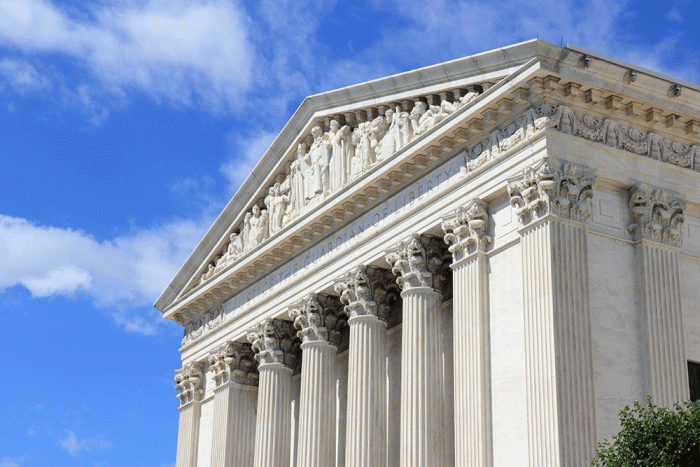News Maker: Charlie Barber Named RCPA Board Chair
For First Time in Months, No Counties in Pa. Have High Spread of COVID-19
Training Opportunity: Serving Children with Medical Complexity / Medical Foster Care Providers
MLTSS Subcommittee to Convene on July 7, 2021
The next Managed Long-Term Services and Supports (MLTSS) Subcommittee meeting will be held on Wednesday, July 7, 2021, as a webinar with remote streaming from 10:00 am–1:00 pm.
To register for this webinar, please visit the webinar registration link. The dial-in number is: (914) 614-3221; Access Code: 716-025-613. After registering, you will receive a confirmation email containing information about joining the webinar. Remote captioning and streaming services will be provided. If you require these services, please visit this remote captioning and streaming services link.
Provider Relief Fund General and Targeted Distribution Post-Payment Reporting Requirements
From ANCOR:
You may have received this information and related links already, but posting here for ease of access! HRSA continues to encourage providers to establish their PRF Reporting Portal accounts now by registering here. Registration will also allow providers to receive updates closer to the official opening of the portal for their reporting submissions.
HRSA landing page for reporting portal here.
PRF Reporting FAQs here. I found the FAQs extremely helpful and suggest you review before registering for the portal!
Provider Relief Fund General and Targeted Distribution Post-Payment Notice of Reporting Requirements (revised June 11, 2021).
Full “User Guide” available here.
Link to HHS resources and additional information here.
——————————
Donna Martin
American Network of Community Options and Resources
Alexandria, VA
(401) 965-9411
——————————
Effective Supports to Lead to Success on the Job: Toward Recovery and Empowerment
Join this webinar, hosted by the Mental Health and Developmental Disabilities National Training Center (MHDD-NTC), to learn how unemployed individuals with developmental disabilities, such as autism and traumatic brain injury, can benefit from a job in the workforce. The webinar will present instructional videos and case studies that illustrate how networking and mentorship can encourage independence among these individuals.
After attending the webinar, participants will be able to:
- Describe how work empowers individuals with mental health conditions and developmental disabilities;
- Learn how service providers can locate and utilize resources in the community for competitive employment opportunities; and
- Understand how workplace supports can increase job satisfaction and overall health.
This webinar will be held on Tuesday, June 29, 2021 from 2:00 pm–3:00 pm ET.
Visit here to register.
U.S. Treasury Releases FAQ for Acceptable Uses of County ARP Funds
The U.S. Treasury has released an FAQ document for potential uses of the county American Rescue Plan (ARP) monies. Providers should take note of sections 2.5 through 2.11 for possible health and human services applicability.
If you have any questions, please contact Jack Phillips.
Affordable Care Act Survives Third Supreme Court Challenge
American Rescue Plan Home and Community-Based Services Public Comment
Message from the Department of Human Services:
As you may know, the American Rescue Plan of 2021 (ARP) provides a temporary 10% increase to the federal medical assistance percentage (FMAP) for certain Medicaid expenditures for home and community-based services (HCBS). The funding must be used to enhance, expand, or strengthen HCBS beyond what is available under the Medicaid program as of April 1, 2021.
On Monday, June 14, the Department of Human Services (DHS) submitted a preliminary spending plan to the Centers for Medicare & Medicaid Services (CMS) that serves as a foundation for Pennsylvania’s planning efforts by outlining our principles and overarching priorities. The preliminary plan encompasses many of the stakeholder recommendations that have been made to date. The overarching priorities include:
- Increasing access to HCBS;
- Enhancing HCBS provider payment rates and benefits;
- Protecting the health and well-being of direct care workers and direct support professionals through the provision of supplies and equipment;
- Recruitment and retention efforts to support the workforce;
- Supporting caregivers;
- Assistive technology and other supports to improve functional capabilities of persons with disabilities;
- Supporting the transition of individuals to community-based living arrangements;
- Investing in activities to address Mental Health and Substance Use Disorder treatment and recovery needs of Medicaid beneficiaries; and
- Building HCBS capacity and rebalancing Long-term Services and Supports.
With these priorities in mind, we hope to hear more from stakeholders about Pennsylvania’s efforts as we continue to flesh out the details of our plan to strengthen, enhance, and expand HCBS. Comments must be submitted by close of business on July 6.
Please visit the public comment overview as well as Pennsylvania’s preliminary spending plan for further information. Your comments can be submitted via email. Additionally, a live virtual public comment session will take place on Wednesday, June 30 at 10 am for those who are unable or prefer not to submit written feedback. More information about how to RSVP for this session will be available soon.


















